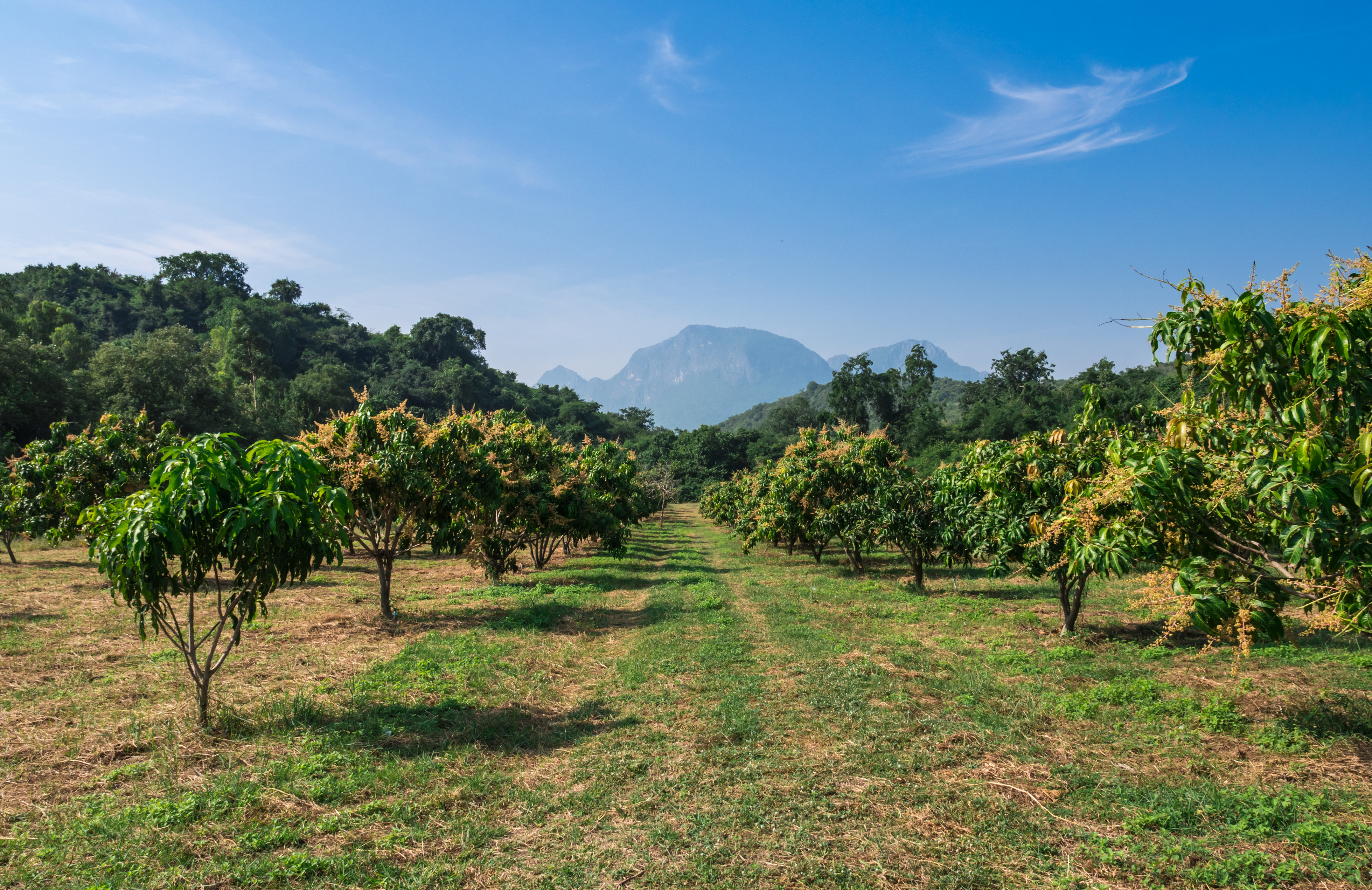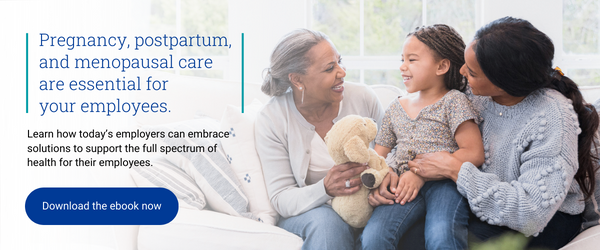How to use blue zone habits to improve your health
National Geographic explorer and journalist Dan Buettner visited Okinawa, Japan in 2000. He wrote about why people there lived so long and in robust health. He then set out to find other locations around the world where the same phenomenon was occurring. The project turned into "Blue Zones" with five regions standing out for their extraordinary longevity.
Since then, Buettner and others who follow his work have been identifying what these regions have in common. That's good news because it means you can adopt the same habits (without having to move to Japan). The principles and practices of Blue Zones provide a framework that may help you not only live longer but also live well as you age. Here are the top tips to turn wherever you live into a personal Blue Zone of your own:
Walk more often
Structured exercise sessions are useful, but it's also a good idea to simply walk when you can. For example, take a walk after dinner or stroll through your lunch hour. You could also take the dog for a longer walk each time you go out. A study in the journal GeroScience notes that walking reduces the risk of various health conditions, including cardiovascular disease, type 2 diabetes, and dementia.
Every Blue Zone community has devoted walkers. Blue Zone research found that the world's longest-lived people actually don't make gym time a priority. Instead, they opt for tons of natural movement. This can include gardening, bicycling, walking for errands, and playing with their kids and grandkids.
Don't give up your coffee (or wine)
In the original Blue Zone regions, people drink two or three cups of black coffee per day. In fact, the American Heart Association found that consuming coffee—even decaf—can support longevity. One caveat, though: too much cream and sugar can start to negate the effects. So, the Blue Zone team suggests weaning off sugar and switching to a non-dairy milk if possible.
Another common drink that you can enjoy in moderation is wine. People in four of the original Blue Zones drink alcohol moderately and regularly. Plus, studies show moderate drinkers have a lower chance of mortality. The research also showed more likelihood of maintaining cognitive abilities as they age. Part of that might come from enjoying wine with dinner as you're conversing with others since social connections are another big part of Blue Zone habits.
Eat more beans
According to Blue Zones research, beans are the most eaten food in the regions of the world with the most centenarians: a person who is one hundred or more years old. Most of these people eat at least a cup of beans per day. Given the breadth of choices here, it's easy to incorporate that into meals. For example, you can stock up on chickpeas, lentils, and kidney beans. They are a great addition into soups, stews, and salads.
Other food habits highlighted in Blue Zones include:
- Significantly lowering your consumption of added sugar
- Snack on nuts
- Opt for sourdough or 100 percent whole wheat bread
- Focus on whole foods, which tend to have more fiber and nutrients than highly processed choices
- Eat eggs sparingly; people in all Blue Zones eat eggs only about two to four times per week
- Emphasize plant-based eating and lower consumption of meat
Cultivate your purpose
Another hallmark of every Blue Zone is a sense of purpose among its residents. Research done by the National Institutes of Health notes that finding and living your purpose could extend your life by up to seven years. If you're unsure about your own purpose, check out this Blue Zones inventory. It features a list of questions that can help you think more deeply about your physical, emotional, and mental talents, strengths, and abilities.
As with any lifestyle change, gradual progress tends to be the best way to make new habits stick. For example, you might pick one of the tips from above and follow it for a few months, then add another while still keeping the original strategy going. That way, you incorporate meaningful lifestyle behaviors and can see the impact that each can make on your energy level, sleep, and overall health.
For more health and wellness education, follow @MGBHealthPlan on Instagram, LinkedIn, and Facebook.

